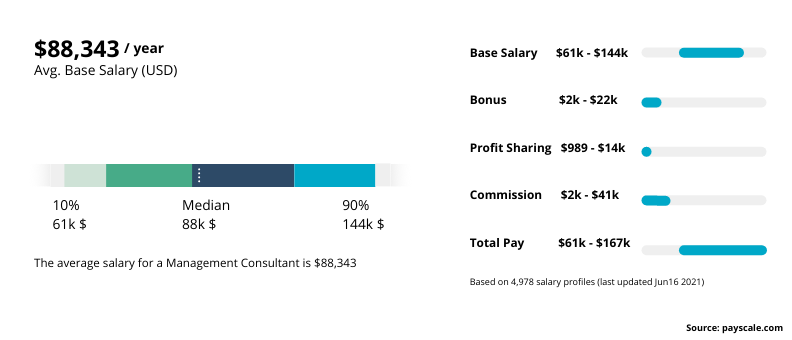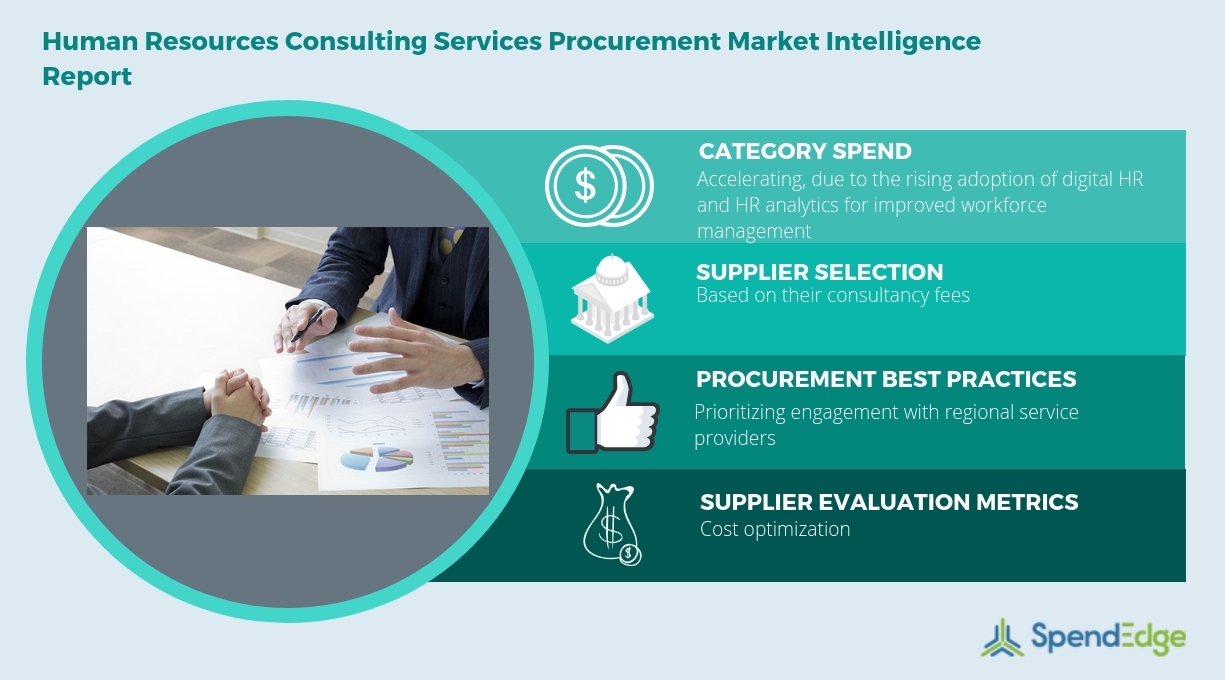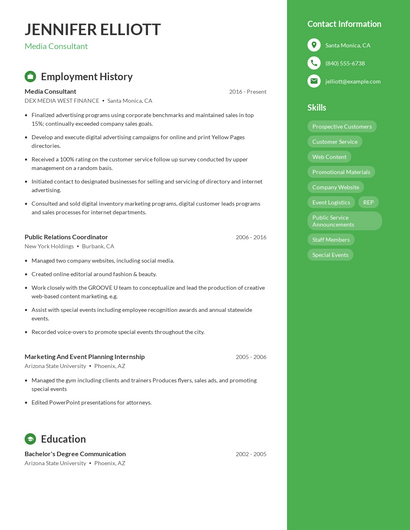
A Software Consultant is a specialist in developing software solutions to meet the needs of an organization. The profession combines skills in software development, database administration, and design. The job demands analytical thinking, creativity, and communication skills. A Software Consultant may also develop custom applications and integrate them with third-party systems. The work of a Software Consultant may include analysis of requirements, cash flow management and requirement-driven programming.
Job description
A software consultant job description is usually a short description of the job. The job description is usually a brief summary of the job. It may not represent the full scope of the position. Business often hire consultants to help them with various aspects of their projects. Consultants do not sell their services, but their knowledge on how software or businesses work.
While the job description for a software consultant may vary from one company, many will have a set of core skills. These skills include problem solving, technical writing, and more. Consultants must be able show value by their services. They should also be willing to help others in their profession.

Salary
The region where software consultants work can have a wide range of salaries. A software consultant typically earns a basic salary. Tips and commissions are possible. A software consultant can earn more than the base salary. Other cash earnings include overtime, profit-sharing and other cash earnings.
ZipRecruiter claims that a software consultant can make between $47,000-$102,000 annually. The salary ranges for this position from $59,000. (25th percentile) up to $89,000. (75th percentile). The top 25 percent of software consultants earn $97,500 a year. Software consultants can earn up to $30,000 per year depending on their experience and location.
Education
Software consultants are in high demand these days, particularly those with a background in ecommerce or information technology. This type of consultant often acts as a coach, pushing the company's managers to find solutions. They present these solutions to company leadership and encourage team members to do their best. To become a successful software consultant, it is essential to have excellent communication skills and confidence.
Education CRM software is designed to help educators maintain a database of student leads. It allows educational consultants to easily track inquiries and set auto-notifications to follow up with prospects. It tracks all comments made by students as well as leads. This tool also allows consultants to create follow-up actions automatically, increasing the chances of closing a lead.

Cost
It is a great idea to hire a software consultant to help you integrate technology into your business. These professionals can help your business create and maintain the best possible process. They can also teach you complex technical processes. Software consultants can also help you plan long-term needs. They can also assist with organization change and risk management.
Costs can vary depending on how experienced the person is and the work that they need. Mid-market business consultants tend to charge more than those in the big league, as they are often smaller firms with fewer employees. Mid-market consultants usually charge between $110- $220 an hour. They work with small businesses to Fortune 500 companies.
FAQ
What happens when the consultant finishes his job?
After the consultant completes their work, he/she will submit a final summary of the results. This report will include project timelines and deliverables as well as any other relevant information.
After that, you'll go through the report and decide if it meets your expectations. If the report does not meet your expectations, you have two options: to request changes or to terminate the contract.
What can I expect from my consultant?
Once you select your consultant, you should expect to hear back from them within a few days. They will ask you for information about your business, including the mission, goals, products, and budget. After that, they will send you a proposal detailing the scope of work, expected time frame, fees and deliverables.
If everything is in order, then the parties will enter into a written contract. The type of relationship between them (e.g. employer-employee or employer-independent contractor) will determine the terms of the contract.
If everything goes as planned, the consultant may begin to work immediately. The consultant will have access your internal documents and resources. Additionally, you'll have access their skills and knowledge.
Don't assume that someone who is a consultant knows everything. It takes time and practice to become an expert on any subject you consult. Your consultant should not assume that they know everything about you business.
How do I choose a consultant?
There are three main factors to consider:
-
Experience - How experienced is this consultant? Is she an expert, beginner, intermediate or advanced consultant? Does her resume demonstrate that she has the required skills and knowledge
-
Education - What did he/she learn in school? Did he/she continue to take relevant courses after graduation? Is there evidence that he/she learned from the writing style?
-
Personality - Do we like this person? Would we like him/her to work with us?
-
These questions can help you determine whether the consultant is right for your needs. If you do not have the answer, it is worth interviewing the candidate to find out more.
Who hires consultants
Many companies hire consultants to help with their projects. These consultants can be found in small and large businesses as well as government agencies, universities, educational institutions, non-profits, and education institutions.
While some consultants work for these companies, others are freelancers. The hiring process for both cases varies depending upon the project's size and complexity.
Before you can hire a consultant, there will be several rounds of interviews.
What skills is required to consult?
A consultant should have strong analytical skills as well as interpersonal skills. This is vital because you may not understand the scope of your work. You will need to learn how you manage people and solve problems quickly.
Also, you must have great communication skills. Most clients expect an answer within 24hrs. If they don’t hear back, they assume that you aren’t interested. It's crucial to keep them informed and make sure they understand everything.
How do you get clients for your consultancy business?
Find an area that you are passionate about. It could be anything from social media to public relations, but there must be something you feel strongly about. If you don't feel passionate about it, you might need to start small with web design. Once you have identified the niche, be sure to fully understand its characteristics. What problems does it solve What are the benefits? What are the benefits?
It is also possible to approach businesses directly.
If all else fails offer your services for free at networking events and conferences. You will meet potential customers and be able show your skills without having to spend money advertising.
What qualifications are necessary to become a consultant
You don't just need to have a MBA, you also need to demonstrate your ability as a business consultant. Two years experience should be gained in consulting or training for a major corporation.
It is essential that you have experience working closely with senior management on strategic development projects. This will require you to be comfortable sharing your ideas with clients and getting their buy-in.
Additionally, you will need to pass a professional qualification such as the Chartered Management Institute Certified Management Consultant (CMC).
Statistics
- My 10 years of experience and 6-step program have helped over 20 clients boost their sales by an average of 33% in 6 months. (consultingsuccess.com)
- On average, your program increases the sales team's performance by 33%. (consultingsuccess.com)
- Over 62% of consultants were dissatisfied with their former jobs before starting their consulting business. (consultingsuccess.com)
- WHY choose me: Why your ideal client should choose you (ex: 10 years of experience and 6-week program has helped over 20 clients boost their sales by an average of 33% in 6 months). (consultingsuccess.com)
- According to statistics from the ONS, the UK has around 300,000 consultants, of which around 63,000 professionals work as management consultants. (consultancy.uk)
External Links
How To
What Does A Typical Day For A Consultant Look Like?
Depending on what type of work you do, your typical day may vary. But, in general, you will spend your time researching, planning and meeting new clients.
You'll often have meetings with clients where you can discuss issues and solve problems. These meetings can be held over the telephone, online or face-to face.
The proposal is a document that outlines your ideas and plans to clients. These proposals should be discussed with a mentor or colleague before being presented to clients.
After all the preparation and planning, it's time to actually create some content. For example, you could be writing articles, designing websites, creating videos, editing photos, or conducting interviews.
Depending on the scope of the project, you may need to do some research in order to gather relevant statistics or figures. For instance, you might want to find out how many people you have and if they are buying more than just one product or service.
Once you have collected enough information, it's now time to present the findings to your clients. Your findings may be delivered orally, or written.
Finally, you must follow up with clients after the initial consultation. You can call clients to ask how they are doing or send emails asking for confirmation that your proposal was received.
Although it takes time, this process is worth it. It's also important to keep your eyes on the prize and maintain good relations with clients.